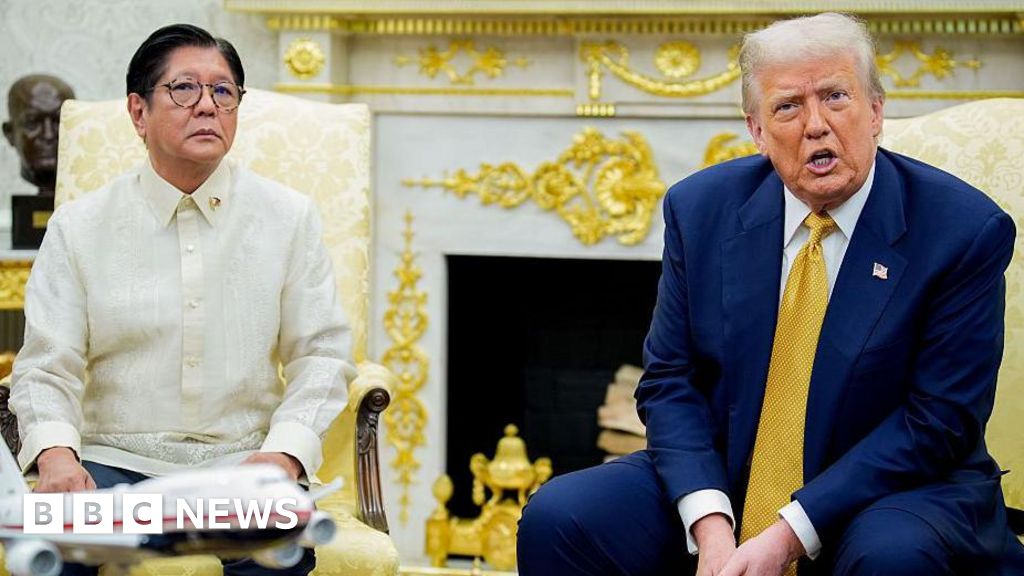T4K3.news
Trump and Marcos discuss tariffs during White House meeting
President Trump and Philippine President Marcos are set to meet to discuss trade and security on Tuesday.
The meeting aims to strengthen ties amid rising tensions in the Indo-Pacific.
Trump and Marcos focus on tariffs and security during White House talks
President Donald Trump will host Philippine President Ferdinand Marcos Jr. at the White House on Tuesday. This visit marks Marcos' first meeting with a U.S. president since Trump began his second term. As both nations navigate a changing geopolitical landscape in the Indo-Pacific, strengthening security and economic partnerships is a priority, particularly given China's increasing assertiveness in the South China Sea. Marcos is ready to discuss tariffs and potential trade deals, emphasizing the Philippines' willingness to negotiate a bilateral trade agreement. Tariffs on Filipino goods loom, with Trump threatening a 20% tariff unless an agreement is reached. The focus on defense was underscored by discussions on mutual defense commitments, with both leaders affirming the importance of their long-standing alliance.
Key Takeaways
"I intend to convey to President Trump that the Philippines is ready to negotiate a bilateral trade deal."
Marcos expressed readiness for negotiations to strengthen economic ties during his visit.
"Our storied alliance has never been stronger or more essential than it is today."
Hegseth emphasized the importance of the U.S.-Philippines alliance at the Pentagon meeting.
"We remain committed to the mutual defense treaty, including our Coast Guard anywhere in the Pacific."
Hegseth reiterated the commitment to support each other in defense matters.
"The Philippines is open to offering zero tariffs on some U.S. goods to strike a deal with Trump."
Finance chief Recto indicated willingness for economic concessions during trade discussions.
The meeting between Trump and Marcos highlights a strategic pivot for the U.S. as it seeks to fortify alliances in Asia amidst China's growing influence. By emphasizing trade negotiations and security cooperation, the U.S. aims to counterbalance China's assertive actions in the South China Sea. Both nations recognize the importance of a robust partnership, yet the looming tariff threats serve as a reminder of the underlying tensions in their economic relationship. As these leaders engage with pressing issues, the future of U.S.-Philippines relations remains intricately linked to broader geopolitical dynamics.
Highlights
- Expect a dialogue on tariffs and stronger defense cooperation.
- The alliance with the U.S. is more essential than ever.
- We must address the economic implications of our partnership.
- China's assertiveness is a real challenge for us.
Economic tensions surround U.S.-Philippines discussions
The potential for a 20% tariff on Filipino goods raises concerns about economic repercussions for both nations. These negotiations may spark political backlash from both sides. Following through with tariffs could have serious implications for bilateral relations.
The outcomes of this meeting could shape future U.S.-Philippine relations significantly.
Enjoyed this? Let your friends know!
Related News

Trump announces major US-China relations changes
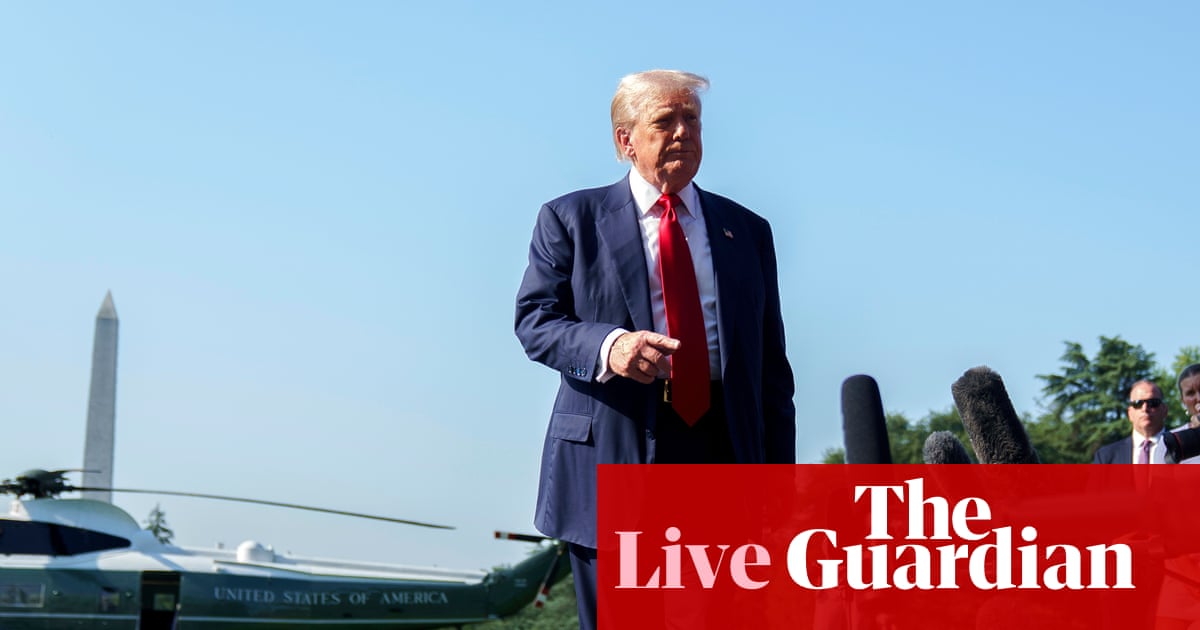
Trump states 50-50 chance for EU trade deal
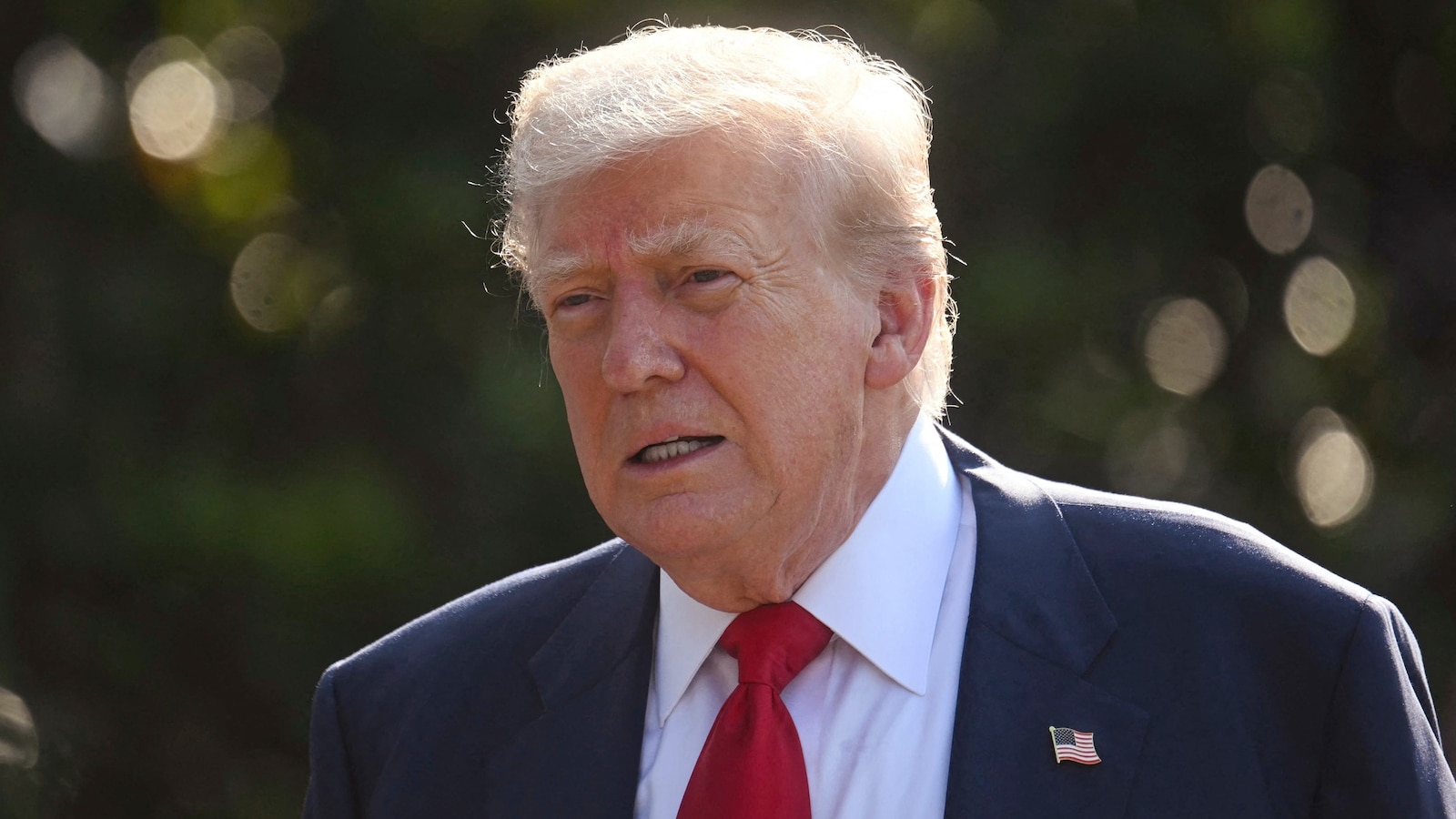
Trump visits Scotland focusing on golf and trade negotiations
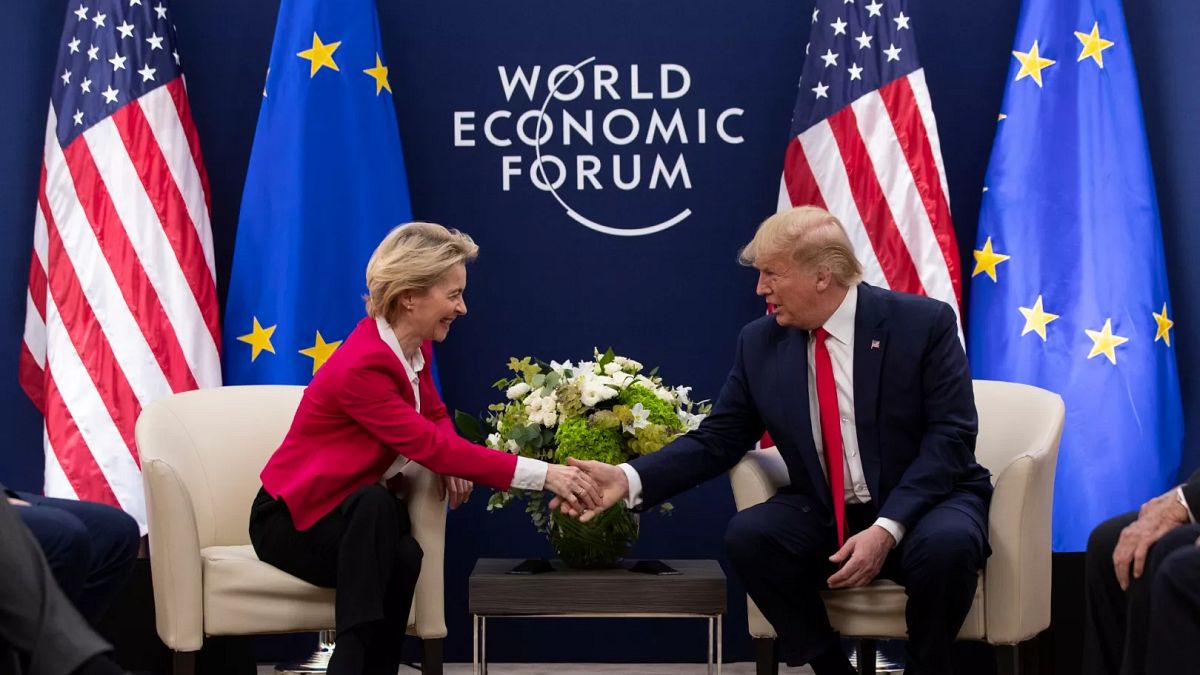
Ursula von der Leyen to meet Donald Trump in Scotland
Trump meets EU chief as tariff talks intensify

Trump begins Scotland trip amidst protests

Swinney leverages Trump's visit to push for whisky tariff relief
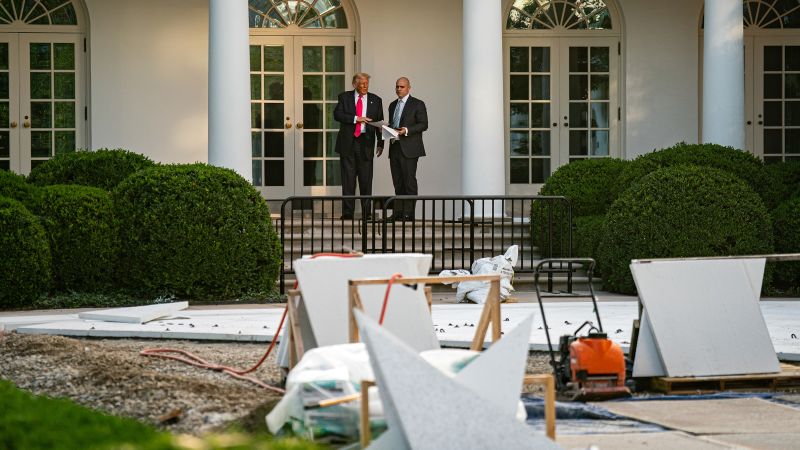
Trump announces $200 million White House renovations
